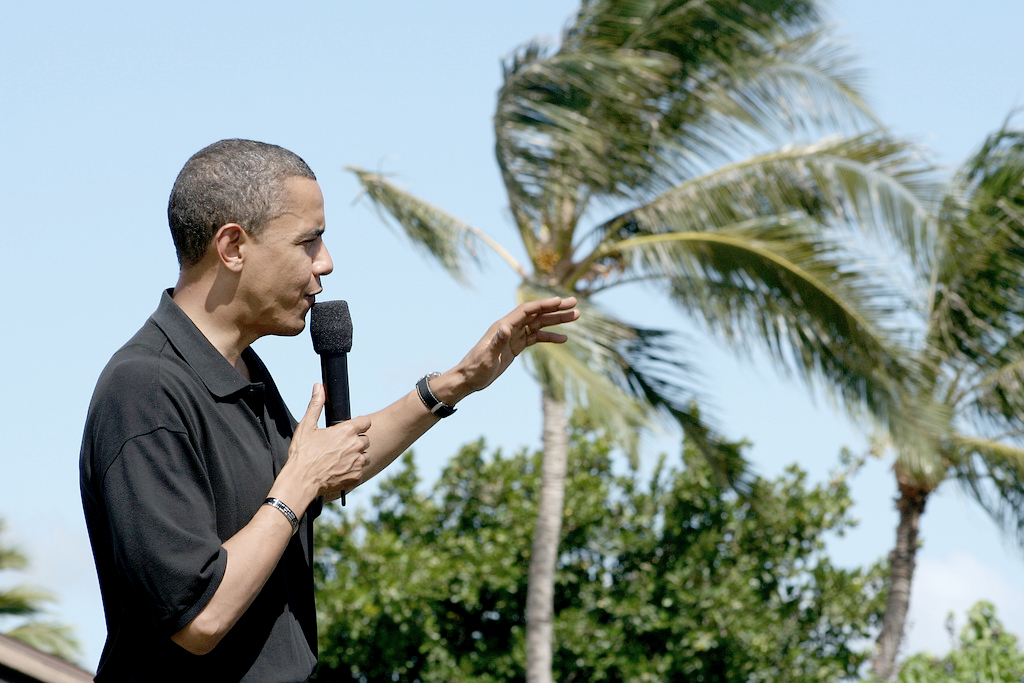Putin schools Obama on Syria


In recent weeks, the US has been pitching their highly controversial Syria intervention plan to Gulf states and European allies in hopes of avoiding any unilateral American military action.
The main idea is that the alleged use of chemical weapons by the Assad government violates international norms and requires a response. The response would cripple Assad’s ability to use chemical weapons again and hopefully tip the balance of the conflict in favour of
the opposition.
However, early on Monday, Russia unveiled a proposal that would have the Syrian government relinquish all chemical weapons under international control to ease tensions over the alleged use of chemical weapons by Assad’s forces.
Russia made the plan public after US Secretary of State John Kerry rhetorically suggested Assad could overturn his chemical weapons to the international community in response to a reporter’s question on how to prevent an intervention. Either his comments directly provoked the Russian plan or they were conveniently juxtaposed against the plan being made public. Whatever the case, Kerry’s comments make Russia’s plan that much more timely and problematic to the Obama administration.
Since the US claimed to only be enforcing its “red line,” which Obama believes is a line agreed upon by the international community, Assad turning over his chemical weapons, put the US in a very tough spot. Obama will likely be forced to take the deal because not doing so would be politically and morally misguided. But in taking the deal, Obama takes away the only reason the US had for intervention — Assad’s possession of chemical weapons. If the intervention’s sole purpose was to prevent another chemical attack, an intervention no longer serves a purpose. Russia went right ahead and found a solution which benefits all parties involved and makes Russia a more credible broker of peace than the US.
Putin quietly out-maneuvered Obama and Kerry and in one daft political move removed all basis for intervention, improved Assad’s public image, and bought the Syrian government more time. The conflict is no closer to being solved, but now Russia is in a more powerful place than the US because they actually look like they’re trying to solve it. Essentially, Obama got in the ring with Putin, and underestimated him right up until the point where Obama was flat on his back.
If Assad is serious about turning over his chemical weapons, Obama takes the deal, which he probably will (or some version of it), and his administration will inevitably spin events as a win for the international community attributable to American diplomatic efforts. But the truth is, the US has never been so irrelevant in an international dispute and Russia just proved its diplomatic superiority.
The problem with this plan for the US and the Syrian opposition is that the details of the exchange plan, along with the actual exchange of weapons, will take considerable time. In the meantime, more civilians die, Assad stays in power, and Russia retains control of the situation.
If there is any hope of gaining control of the conflict or even expediting the transfer of weapons, the US is going to have to do the unthinkable — seriously engage Russia, Iran and maybe even Assad. Of course, those engagements are unlikely, especially with Iran and Russia, but one can dream. Iran did let the Americans know about potential chemical weapons use, so maybe the US can get smart and reciprocate communication.
As usual, all of this political warfare between the East and West means little for Syrians suffering on the ground. The sad truth is, Syrians have taken a backseat throughout this conflict to politics. If humanitarianism was important to the US or Russia, the red line would have been civilian casualties and refugees, not an isolated use of chemical weapons.
If it was about the future of Syria, Russia would have used their leverage to prevent civilian deaths caused by government strikes, and the United States would not be thinking of conducting strikes that would embolden al-Qaeda.
If Obama has any chance of overcoming political obstacles to make a real difference on the ground in Syria, he needs to learn from Putin’s expert handling of the situation and re-align America’s moral compass in order to establish some basic credibility on the issue.
Getting schooled by Putin should have immediately removed any sense of American arrogance or superiority and brought them right back down to Earth.
Now, treat Putin as an equal, engage all parties involved and prove the US has Syria’s future in mind and is not just interested in political sparring with their Cold War adversary.

